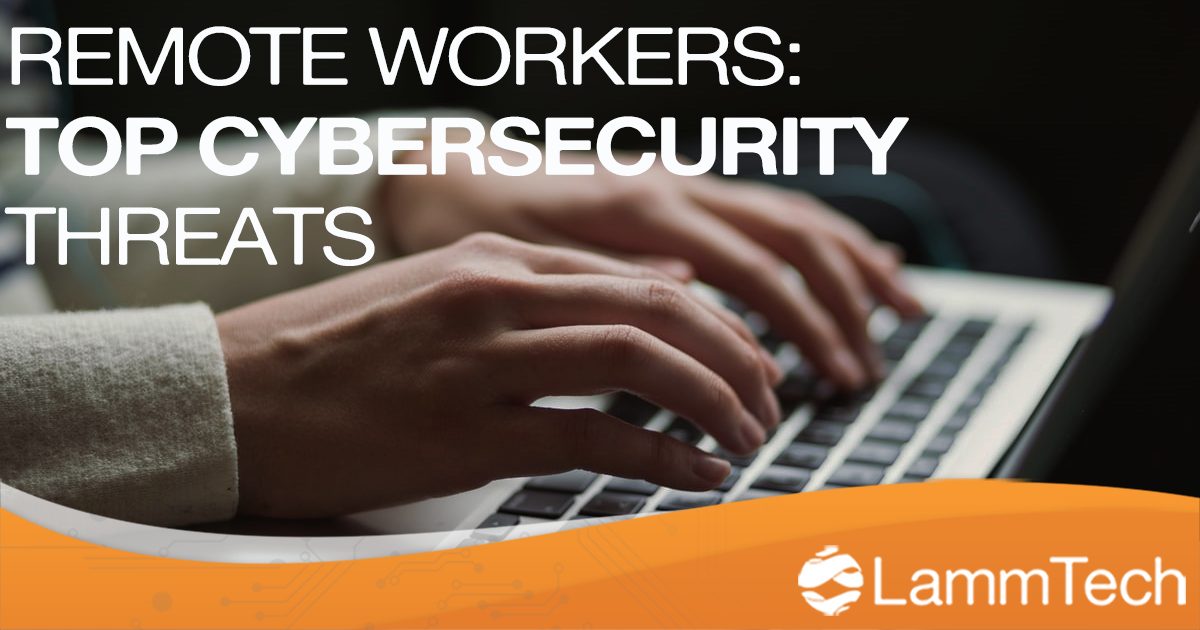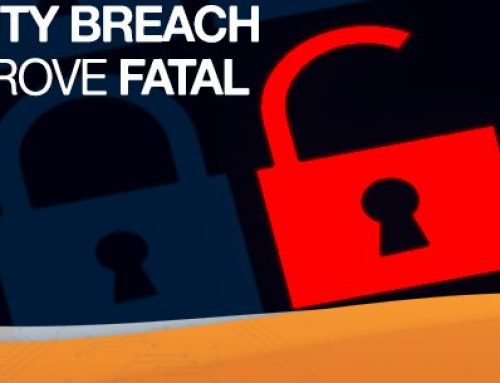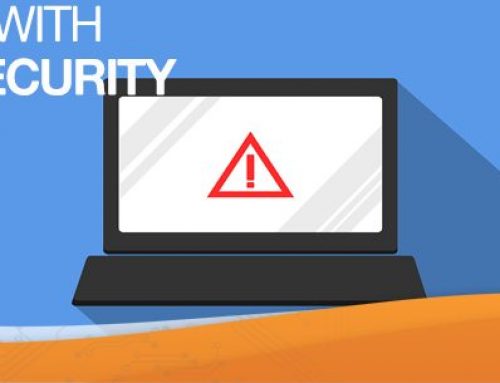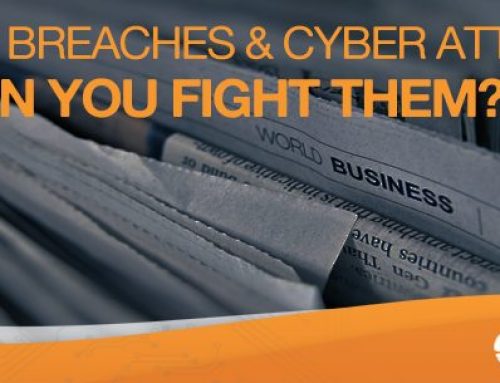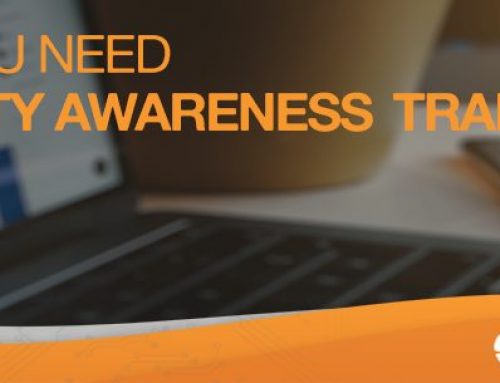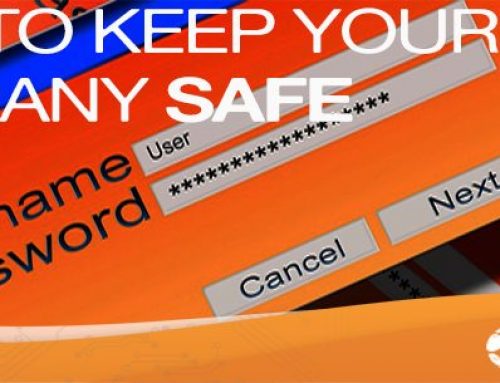The pandemic has forced everyone to embrace a remote working lifestyle in the hopes of dodging the threat of COVID-19. But at home, telecommuters both seasoned and new ones alike are facing a different kind of threat: cybercrime.
It’s gotten so rampant that The U.S. Department of Homeland Security (DHS), Cybersecurity and Infrastructure Security Agency (CISA), and the United Kingdom’s National Cyber Security Centre (NCSC) have joined forces to alert everyone on the increasing number of malicious cyber actors taking advantage of our current upheaval.
This alarming situation puts pressure on cybersecurity professionals and companies all over the world as they have to work double-time to keep up and fight against the onslaught of cyber threats on both companies and individuals. Case in point, Alien Labs analyzes 20 million threat indicators for just one company on any given day, and then isolates about 400,000 malicious URLs and 370,000 pieces of malware. That’s a tall order for any team or expert.
Forbes notes that individuals are turning to online learning to meet the current demand for cybersecurity professionals, which some studies estimate to be at a whopping 4 million. Maryville University points out that graduates with a cybersecurity degree can demand a salary of about $12,700 per year above usual IT positions, going over $100,000 for information management and network architecture roles. This demand is only expected to increase as more threats are discovered and more malicious cybercriminals pop up. It wouldn’t be a surprise if new tactics to steal information or scam people online come to fruition in the foreseeable future. But for the time being, remote workers have to be extra vigilant about these common cybersecurity threats that can be detrimental to the work they do.
Ransomware
Now that many are working from home as a direct result of the COVID-19 outbreak, ransomware groups are actively on the hunt for laptops, desktops, smartphones, and other devices to figure out if they are vulnerable endpoints. These cybercriminals look for possible loopholes in virtual private network (VPN) products as well, with the hopes of distributing ransomware once they find an in. The ransomware is usually designed to extract money from infected companies, so it would be very beneficial to make sure your devices and systems are updated, as outdated software is more prone to these attacks.
Phishing
It’s not just remote workers who are experiencing an uptick in cybercrime — students, educators, and researchers from various universities are tackling the same problem as well. Express Computer notes that phishing emails are making their way into the inboxes of teachers and students, making it all the more important to deploy advanced email security that blocks these harmful emails to prevent data loss. On a more alarming note, universities researching the virus are also trying to grapple with cyber intrusions. University of California San Francisco just so happens to be one of the latest victims when evidence was discovered that there was an attempt in accessing their networks, presumably to steal data about important virus research.
Spam messages and robocalls
Data curated by CNBC underscores how not only phishing attacks are rampant — there has been a spike in spam and robocalls, too. These are unsolicited messages sent through emails, SMS, instant messaging, or automated calls, and many of them contain links that could result in data loss and malware. Nowadays, hackers are getting creative with the messages they spread to make them more enticing to their potential victims. For instance, CNN states that there are cyber criminals that may get in contact with you to fool you into thinking that someone you came in contact with tested positive for the virus and that you should get tested right away. The message will then include a link that claims to provide further information, but it ends up being a bogus link that can lead you to a sketchy site. To avoid instances like this, be extra careful about the links you click and double-check all the messages you receive to make sure that they came from trusted sources.
For the exclusive publishing of lammtech.com
Written by Aria Frost

